
We are pleased to announce that the Research Impact Fund is now open for applications.
This call is for researchers at all stages of their careers to support the planning and development of impact from new or ongoing research. For 2021/22, the fund has been split into two strands:
Strand 1: To support the development of new research partnerships and networks, to lay the groundwork for future research projects.
Strand 2: To provide support for emerging impact from existing underpinning research.
Who can apply?
Strand 1 is aimed at early career researchers (those who are within 7 years of completing their doctorate, or equivalent experience, and are not associate professors / professors) and staff who are new to research (academic staff who have not published an academic output, or received internal or external funding for research). The funding aims to support colleagues to engage with key stakeholders at the very beginning of the research process, to establish partnerships and networks to support the co-creation of research questions. The panel would like to fund multiple projects and therefore particularly welcome applications for projects up to £2,000.
Strand 2 is aimed at academic staff with existing research which has the potential for impact, or is starting to result in impact. The funding aims to support the development of research impact across BU and begin to identify potential case studies for post-REF2021 exercises. The panel would like to fund multiple projects and therefore particularly welcome applications for projects up to £4,000.
What we’re looking for
Applicants need to demonstrate a clear understanding of how their research – whether proposed or existing – can lead to impact. The UKRI defines research impact as “an effect on, change or benefit to the economy, society, culture, public policy or services, health, the environment or quality of life, beyond academia”.
For strand 1, the emphasis is on establishing and developing relationships with partners, organisations and research users that will lead to impact in the future. This may involve:
- Collaborating with partners to apply for external funding
- The co-creation of research questions
- Building relationships with policymakers and policy brokers
- Creating a stakeholder advisory group to suggest additional activities for achieving impact, as well as reviewing and providing feedback on proposed activities.
With strand 2, the focus is on maximising the potential of existing research by identifying activities that will translate outputs into impact/s.
This may include, but is not limited to:
- Developing printed and digital resources
- Collating further data sets
- Creating briefings and information leaflets for policymakers
- Updating and developing websites to disseminate findings and encourage/monitor use
- Identifying additional potential beneficiaries and stakeholders
- Undertaking media activity to raise awareness, change opinions or attitudes, mobilise action or influence decisions by people with power.
- Creating new methods of engagement with the research findings, e.g., video, podcasts, apps etc.
- Developing associated educational resources based on insights.
Application process
To apply, please first read the policy and guidance notes. Then submit the relevant online form. PDF versions are supplied so that you may preview the form, but must not be submitted:
Strand 1 application form
Strand 1 application form pdf version
Strand 2 application form
Strand 2 application form PDF version
Applications must be submitted by Friday 10th December.
If you have any questions about your application, please email Amanda Edwards.
Applicants are strongly advised to attend the surgery session on applying for internal funding for impact and public engagement on Thursday 18 November and / or book a 1-2-1 session with an Impact Advisor. Find out more about the surgery and book a place here.
BU’s Research Principles
Putting the Research Impact Fund into strategic context, under BU2025, the following funding panels operate to prioritise applications for funding and make recommendations to the Research Performance and Management Committee (RPMC).
There are eight funding panels:
- HEIF Funding Panel
- GCRF Funding Panel
- Research Impact Funding Panel
- Doctoral Studentship Funding Panel
- ACORN Funding Panel
- Research Fellowships Funding Panel
- Charity Support Funding Panel
- SIA Funding panel
Please see further announcements regarding each initiative.
These panels align with the BU2025 focus on research, including BU’s Research Principles. Specifically, but not exclusively, regarding the Research Impact Funding Panel, please refer to:
- Principle 5 – which sets of the context for such funding panels,
- Principle 6 and Outcome 9 – which recognises the need for interdisciplinarity and the importance of social science and humanities (SSH).
 An opportunity has arisen for an Impact Champion for Unit of Assessment (UOA) 20 (Social Work and Social Policy) to help drive preparations for the next REF. This role would initially be until summer 2022.BU is making early preparations towards units of assessment (UOAs) for the next Research Excellence Framework (REF) exercise. Each UOA has a UOA Leader, supported by Impact and Outputs Champions. The roles are recruited through an open and transparent process, which gives all academic staff the opportunity to put themselves forward for UOA Leader roles.We are currently seeking expressions of interest (EoI) from academic staff interested in supporting impact development for UOA 20 (Social Work and Social Policy). Impact Champions play a key role in shaping the impact element of their UOA’s submission, working closely with their Faculty’s Impact Advisor.
An opportunity has arisen for an Impact Champion for Unit of Assessment (UOA) 20 (Social Work and Social Policy) to help drive preparations for the next REF. This role would initially be until summer 2022.BU is making early preparations towards units of assessment (UOAs) for the next Research Excellence Framework (REF) exercise. Each UOA has a UOA Leader, supported by Impact and Outputs Champions. The roles are recruited through an open and transparent process, which gives all academic staff the opportunity to put themselves forward for UOA Leader roles.We are currently seeking expressions of interest (EoI) from academic staff interested in supporting impact development for UOA 20 (Social Work and Social Policy). Impact Champions play a key role in shaping the impact element of their UOA’s submission, working closely with their Faculty’s Impact Advisor.



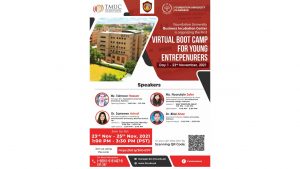
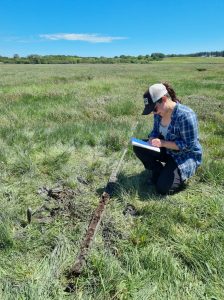
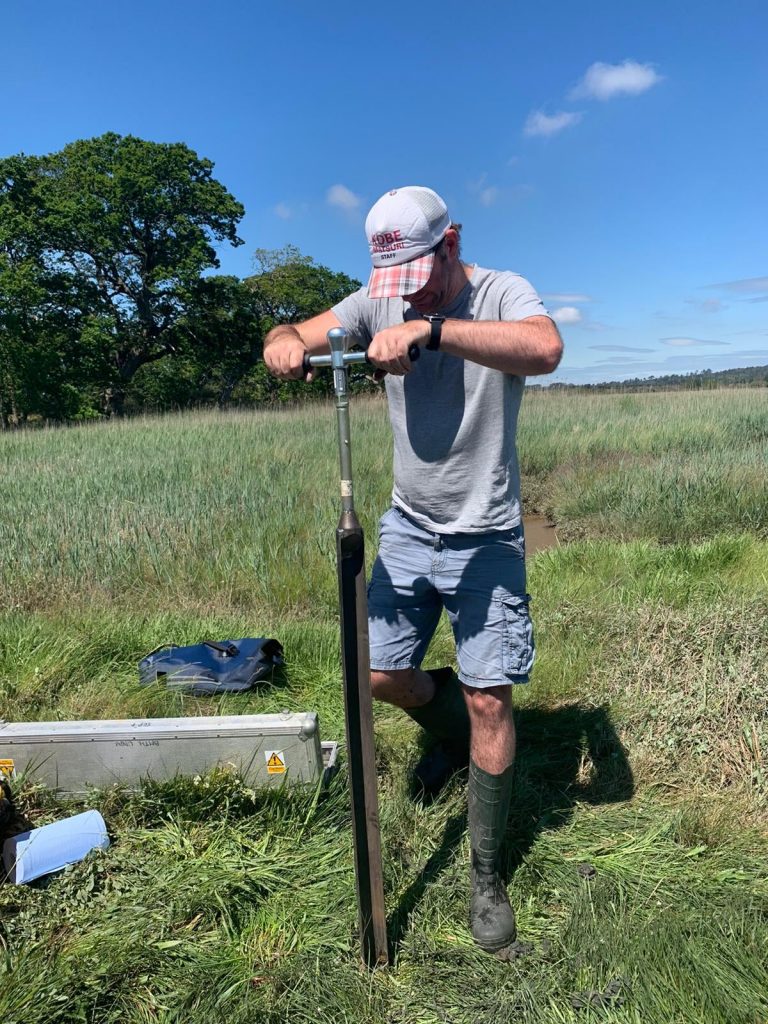
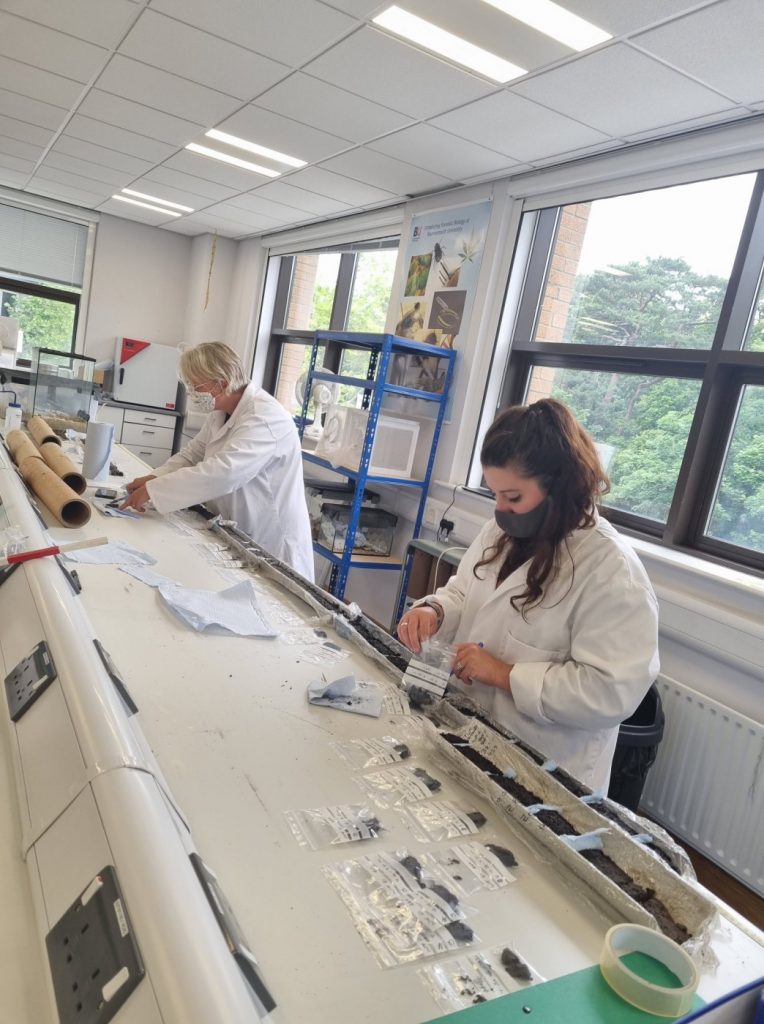


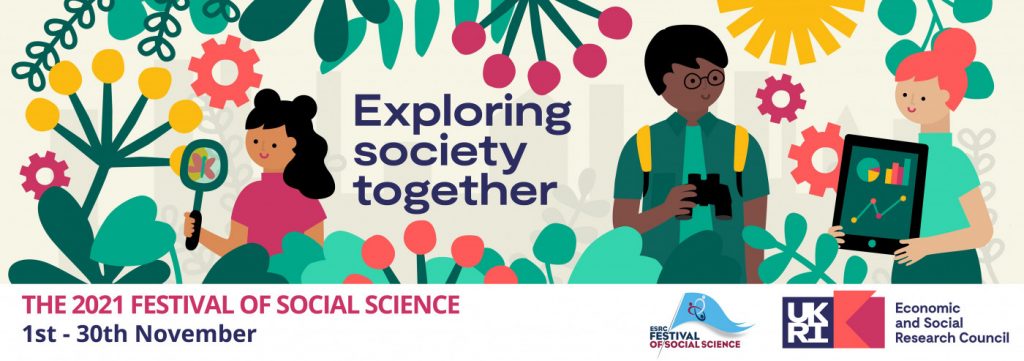











 Conversation article: Why so many people drown at the water’s edge
Conversation article: Why so many people drown at the water’s edge Workshop on longitudinal studies in three countries
Workshop on longitudinal studies in three countries New Bournemouth University public health paper
New Bournemouth University public health paper New ACORN-funded paper published. When time is short but passion for food is strong, food day-tripping may be the answer!
New ACORN-funded paper published. When time is short but passion for food is strong, food day-tripping may be the answer! Royal Society of Chemistry Outreach Fund: Open for Applications
Royal Society of Chemistry Outreach Fund: Open for Applications Last reminder – MSCA Postdoctoral Fellowships 2024 internal deadline next week
Last reminder – MSCA Postdoctoral Fellowships 2024 internal deadline next week Horizon Europe – EuroHPC and MSCA PF webinars
Horizon Europe – EuroHPC and MSCA PF webinars